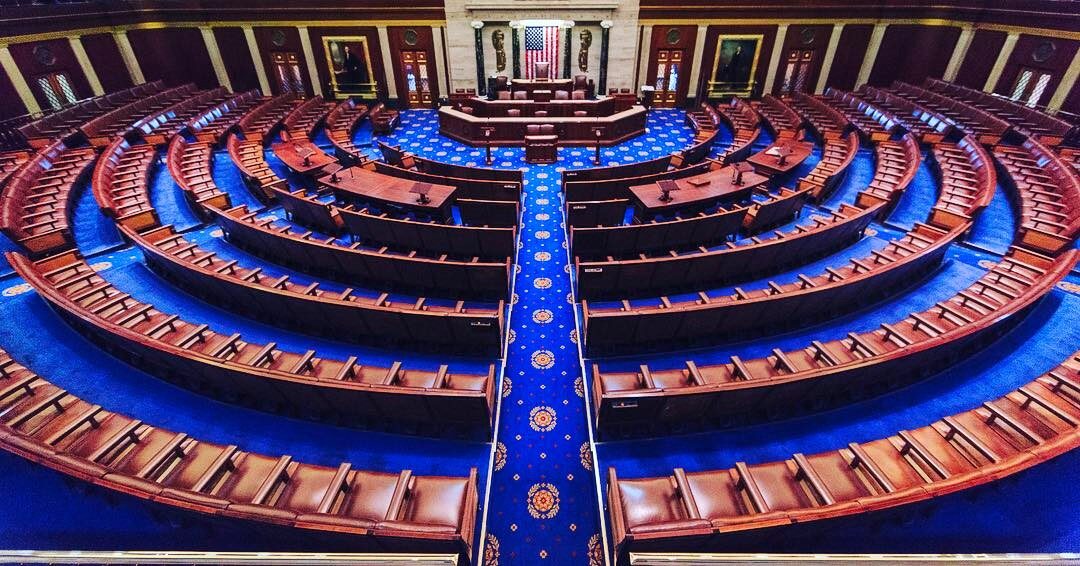Rhode Island has enacted the “Residential Solar Energy Disclosure and Homeowners Bill of Rights Act” to protect homeowners from predatory door-to-door sales tactics in the solar industry.
The law applies to any individual selling a solar system purchase agreement, a lease agreement, or a power purchase agreement (PPA). It covers anyone soliciting a homeowner or selling a solar project for up to four individual housing units simultaneously. Notably, the law does not apply to solar lease deals with payment terms of less than five years, transactions that involve a generator, or commercial systems.
The law requires all parties selling residential solar to register with the state and renew the registration annually. For the solar company, at least one person in charge of residential sales must have their name and address on file with the state. Additionally, all individuals directly selling to homeowners must undergo a national background check, including fingerprinting, which must be submitted to the Federal Bureau of Investigation. The registration process will be managed by the Rhode Island Division of Taxation.
The Department of Business Regulation is authorized to investigate complaints, impose administrative penalties, revoke registrations, and order violators to cease operations. The department can also impose fines of up to $5,000 per violation for up to four years after the violation has occurred.
The law mandates that specific documents be provided to homeowners. A hard copy or email of the solar agreement must be given to the homeowner. Additionally, the state will issue a standard disclosure form that must include the following information:
- A statement indicating whether operations and maintenance are included in the agreement.
- A written estimate of projected savings over the system’s expected lifespan.
- An estimate of savings beyond the system’s anticipated useful life.
- Data fields used to calculate the savings projections.
- The electricity escalation rate applied in the savings assumptions.
- Information on tax credit eligibility.

Additionally, the new law gives residential customers the right to rescind or cancel the deal for seven days after entering the agreement.
The law goes into effect in March 2025.
The bill was prompted by an increase in consumer complaints regarding aggressive and misleading sales tactics by some solar companies. By implementing these regulations, the state aims to build public trust and encourage the adoption of solar energy while protecting consumers from unscrupulous actors. Attorney General Peter F. Neronha, along with other state officials, has emphasized the importance of these protections in fostering a reliable and transparent solar industry in Rhode Island.
Several other U.S. states have taken action against door-to-door sales companies. Minnesota recently sued four of the nation’s largest solar finance companies. Vision Solar has been sued in multiple states, including Connecticut and Arizona, while Vivint Solar, prior to its acquisition by Sunrun, was sued in New Mexico. Sunrun, along with several other solar door-to-door companies, has also been sued in Connecticut.
(Read: “U.S. government announces resources to protect solar customers“)
This content is protected by copyright and may not be reused. If you want to cooperate with us and would like to reuse some of our content, please contact: editors@pv-magazine.com.








By submitting this form you agree to pv magazine using your data for the purposes of publishing your comment.
Your personal data will only be disclosed or otherwise transmitted to third parties for the purposes of spam filtering or if this is necessary for technical maintenance of the website. Any other transfer to third parties will not take place unless this is justified on the basis of applicable data protection regulations or if pv magazine is legally obliged to do so.
You may revoke this consent at any time with effect for the future, in which case your personal data will be deleted immediately. Otherwise, your data will be deleted if pv magazine has processed your request or the purpose of data storage is fulfilled.
Further information on data privacy can be found in our Data Protection Policy.